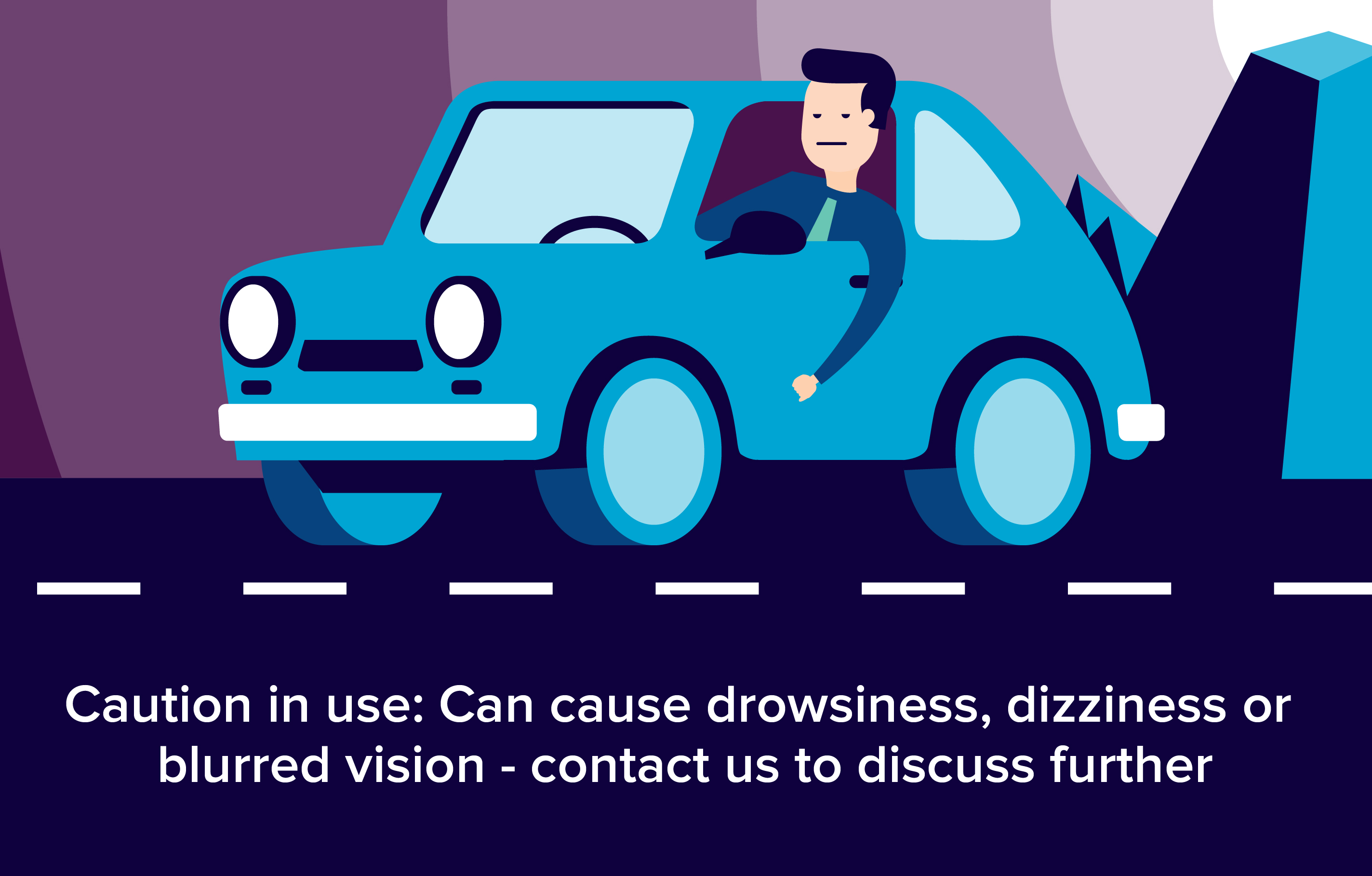When and how do I take it?
-
NovoRapid is for injection under the skin (subcutaneously) or for continuous infusion in a pump system.
-
NovoRapid may also be given directly into a vein (intravenously) by health care professionals under close supervision by a doctor.
-
Never inject your insulin directly into a vein or muscle (intramuscular).
-
Always vary the sites you inject within the same region to avoid lumps.
-
The best places to give yourself an injection are: the front of your waist (abdomen), the upper arm or the front of your thighs.
-
You should always measure your blood glucose regularly.
-
Eat a meal or snack containing carbohydrates within 10 minutes of the injection to avoid hypoglycaemia. When necessary, NovoRapid may be given soon after the meal, instead of before the meal.
What’s the dose?
NovoRapid dosing is individual and determined in accordance with the needs of the patient. It should normally be used in combination with intermediate-acting or long-acting insulin given at least once a day. Blood glucose monitoring and insulin dose adjustments are recommended to achieve optimal glycaemic control.
Could it interact with other tablets?
A number of medicinal products are known to interact with the glucose metabolism.
The following substances may reduce the patient's insulin requirements:
-
Oral antidiabetic medicinal products
-
monoamine oxidase inhibitors (MAOI)
-
beta-blockers
-
angiotensin converting enzyme (ACE) inhibitors
-
salicylates
-
anabolic steroids
-
sulphonamides
The following substances may increase the patient's insulin requirements:
-
Oral contraceptives
-
thiazides
-
glucocorticoids
-
thyroid hormones
-
sympathomimetics
-
growth hormone
-
danazol
Beta-blocking agents may mask the symptoms of hypoglycaemia. Octreotide/lanreotide may both increase or decrease insulin requirement. Alcohol may intensify or reduce the hypoglycaemic effect of insulin.
Herbal supplements should be used with caution and only after informing your doctor first.
What are the possible risks or side-effects?
The most common side effect is hypoglycaemia (low blood sugar levels). Omission of a meal or unplanned strenuous physical exercise may lead to hypoglycaemia.
Possible symptoms of hypoglycaemia include:
-
headache
-
ravenous hunger
-
nausea
-
vomiting
-
lassitude
-
sleepiness
-
disordered sleep
-
restlessness
-
aggressiveness
-
impaired concentration
-
alertness and reaction time
-
depression, confusion
-
speech and visual disorders
-
aphasia
-
tremour
-
paresis
-
sensory disturbances
-
dizziness
-
helplessness
-
loss of self-control
-
delirium
-
cerebral convulsions
-
somnolence and loss of consciousness up to and including coma
-
shallow respiration and bradycardia
In addition, signs of adrenergic counter-regulation may be present such as sweating, clammy skin, anxiety, tachycardia, hypertension, palpitations, angina pectoris and cardiac arrhythmias.
Symptoms can almost always be promptly controlled by immediate intake carbohydrates (sugar). Artificial sweeteners have no effect.
Can I drink alcohol while taking it?
-
If you are drinking alcohol your need for insulin may change as your blood sugar level may either rise or fall. Carefull monitoring is recommended.
-
Always ask your doctor/pharmacist however as this may depend on what other tablets you are taking.
What if I’m pregnant/breastfeeding?
Novorapid may be used in pregnancy and while breast feeding.
How do I store it?
-
Novorapid that is not being used must be stored in the fridge, between 2 and 8°C.
-
Novorapid that is being used or carried with you must not be kept in the fridge. It can be kept at room temperature for four weeks. After this, any remainder must be discarded.
If you have any more questions please ask your Pharmacist.
Remember to keep all medicines out of reach of children
Please Note: We have made every effort to ensure that the content of this information sheet is correct at time of publish, but remember that information about drugs may change. This sheet does not list all the uses and side-effects associated with this drug. For full details please see the drug information leaflet which comes with your medicine. Your doctor will assess your medical circumstances and draw your attention to any information or side-effects which may be relevant in your particular case.
References:
http://www.novonordisk.com/patients/diabetes-care/insulin-pens-and-needles.html
https://www.medicines.org.uk/emc/medicine/9989
http://www.novonordisk.com.au/content/dam/australia/affiliate/www-novonordisk-au/Patients/Documents/NovoRapidFlexPencmi12.pdf
http://www.diagnosia.com/en/drug/novorapid-flexpen-100-uml-solution-injection-pre-filled-pen
http://www.drugs.com/uk/novorapid.html




